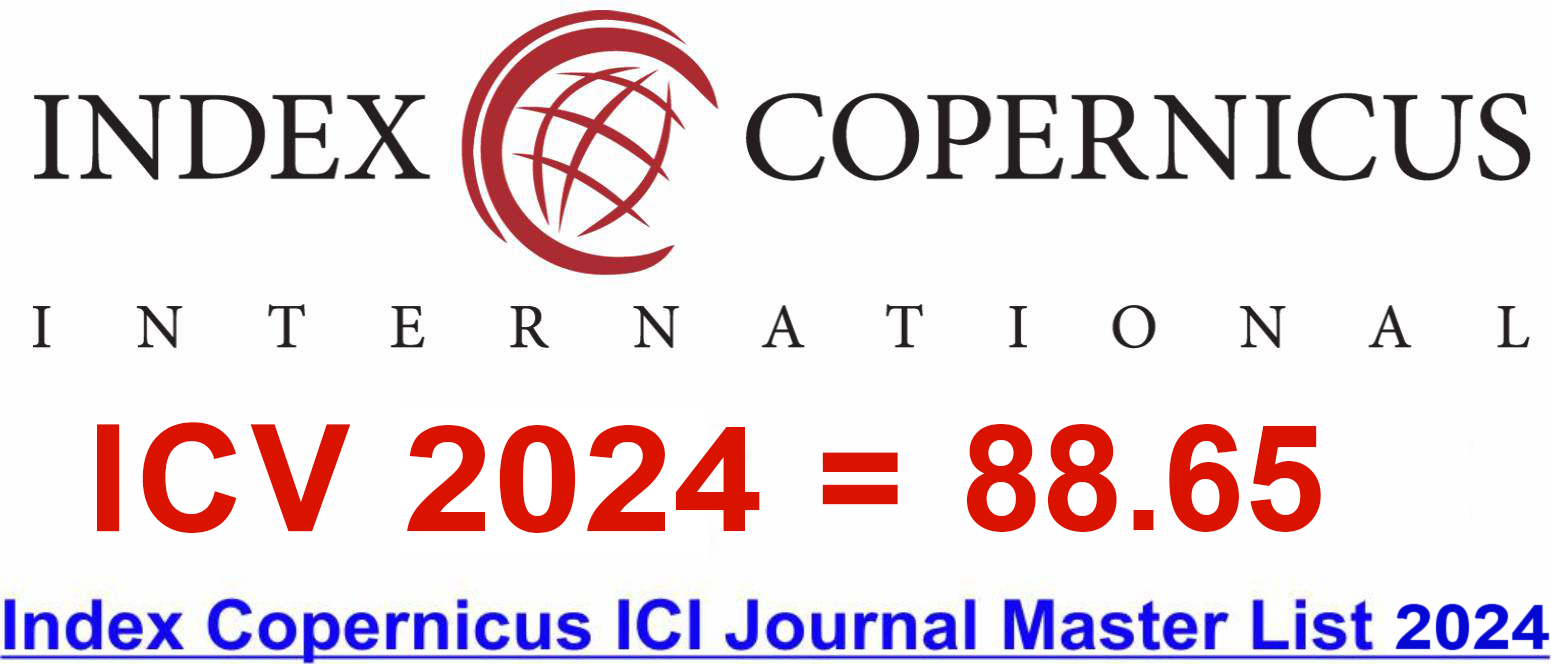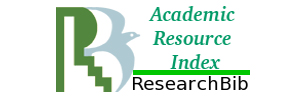Abstract
Rapid technological advancements have led to a substantial demand for electronics products, resulting in the significant expansion of the electronics and hardware industry. Shifts in the characteristics of electronic devices and the presence of enhanced products compel consumers to quickly discard their electronic products. This has led to the generation of e-waste in huge quantities. E-waste poses a health risk because it contains harmful materials such as lead (Pb), hexavalent chromium (Cr⁶⁺), mercury (Hg), cadmium (Cd), and flame retardants like polybrominated biphenyls and polybrominated diphenyl ethers, among others. The management of electronic waste (E-waste) is a major issue in numerous developing nations. Disposing of e-waste with regular municipal trash poses a considerable threat to the environment in developing countries, where there is a deficiency of proper recycling methods and unregulated individuals resort to crude techniques to extract valuable metals for quick profits. To lessen detrimental environmental and public health effects, e-waste must be treated appropriately. The world is now moving towards Industry 5.0 and this industrial revolution focuses on human process integration with social and sustainability aspects. It highlights the human-machine interfaces in the value-creation aspect of business activities to eliminate social constraints. This article explores sustainable management of electronic waste in the context of Industry 5.0.
References
- Baldé CP, Wang F, Kuehr R. Transboundary movements of used and waste electronic and electrical equipment. United Nations University, Vice Rectorate in Europe – Sustainable Cycles Programme (SCYCLE); 2016. Bonn, Germany. Retrieved from: https://www.step-initiative.org/files/_documents/other_publications/UNU-Transboundary-Movement-of-Used-EEE.pdf
- Mary JS, Meenambal T. Inventorisation of e-waste and developing a policy–bulk consumer perspective. Procedia Environmental Sciences. 2016 Jan 1;35:643-55. https://doi.org/10.1016/j.proenv.2016.07.058
- Huang J, Chen M, Chen H, Chen S, Sun Q. Leaching behavior of copper from waste printed circuit boards with Brønsted acidic ionic liquid. Waste management. 2014 Feb 1;34(2):483-8. https://doi.org/10.1016/j.wasman.2013.10.027
- Chen M, Huang J, Ogunseitan OA, Zhu N, Wang YM. Comparative study on copper leaching from waste printed circuit boards by typical ionic liquid acids. Waste management. 2015 Jul 1;41:142-7. https://doi.org/10.1016/j.wasman.2015.03.037
- Ghulam ST, Abushammala H. Challenges and opportunities in the management of electronic waste and its impact on human health and environment. Sustainability. 2023 Jan 18;15(3):1837. https://doi.org/10.3390/su15031837
- Forti V, Baldé CP, Kuehr R, Bel G. The global e-waste monitor 2020. United Nations University (UNU), International Telecommunication Union (ITU) & International Solid Waste Association (ISWA), Bonn/Geneva/Rotterdam. 2020 Jul;120. Retrieved from: https://np-mag.ru/wp-content/uploads/2020/08/The-Global-E-waste-Monitor-2020-Quantities-flows-and-the-circular-economy-potential_compressed.pdf
- Bagwan WA. Electronic waste (E-waste) generation and management scenario of India, and ARIMA forecasting of E-waste processing capacity of Maharashtra state till 2030. Waste Management Bulletin. 2024 Mar 1;1(4):41-51. https://doi.org/10.1016/j.wmb.2023.08.002
- Ilankoon IM, Ghorbani Y, Chong MN, Herath G, Moyo T, Petersen J. E-waste in the international context–A review of trade flows, regulations, hazards, waste management strategies and technologies for value recovery. Waste management. 2018 Dec 1;82:258-75. https://doi.org/10.1016/j.wasman.2018.10.018
- Oswald I, Reller A. E-waste: A story of trashing, trading, and valuable resources. GAIA-Ecological Perspectives for Science and Society. 2011 Mar 24;20(1):41-7. https://doi.org/10.14512/gaia.20.1.9
- Tesfaye F, Lindberg D, Hamuyuni J, Taskinen P, Hupa L. Improving urban mining practices for optimal recovery of resources from e-waste. Minerals Engineering. 2017 Sep 1;111:209-21. https://doi.org/10.1016/j.mineng.2017.06.018
- Debnath B, Chowdhury R, Ghosh SK. Sustainability of metal recovery from E-waste. Frontiers of environmental science & engineering. 2018 Dec;12(6):2. https://doi.org/10.1007/s11783-018-1044-9
- Baldé CP, Forti V, Gray V, Kuehr R, Stegmann P. The global e-waste monitor 2017: Quantities, flows and resources. United Nations University, International Telecommunication Union, and International Solid Waste Association; 2017. Retrieved from: https://www.itu.int/en/ITU-D/Climate-Change/Documents/GEM%202017/Global-E-waste%20Monitor%202017%20.pdf
- Zizic MC, Mladineo M, Gjeldum N, Celent L. From industry 4.0 towards industry 5.0: A review and analysis of paradigm shift for the people, organization and technology. Energies. 2022 Jul 19;15(14):5221. https://doi.org/10.3390/en15145221
- Verma D. Industry 5.0: A human-centric and sustainable approach to industrial development. transition. 2024 May;12(1):1-5. https://doi.org/10.26821/IJSRC.12.5.2024.120507
- Goyal S, Gupta S. A comprehensive review of current techniques, issues, and technological advancements in sustainable E-waste management. e-Prime-Advances in Electrical Engineering, Electronics and Energy. 2024 Sep 1;9:100702. https://doi.org/10.1016/j.prime.2024.100702
- Alsabt R, Alkhaldi W, Adenle YA, Alshuwaikhat HM. Optimizing waste management strategies through artificial intelligence and machine learning-An economic and environmental impact study. Cleaner Waste Systems. 2024 Aug 1;8:100158. https://doi.org/10.1016/j.clwas.2024.100158
- Reddy PS, Ashritha P. Digital Transformation's Effect on Supply Chain Management. International Journal of Advances in Business and Management Research (IJABMR). 2023 Dec 12;1(2):1-9. https://doi.org/10.62674/ijabmr.2024.v1i02.001
- Kumar A, Kumar Y, Kumari A, Kumar S. IoT-Enabled Systems for E-Waste Monitoring and Recycling. InIntegrated Waste Management: A Sustainable Approach from Waste to Wealth 2024 Apr 15 (pp. 375-394). Singapore: Springer Nature Singapore. https://doi.org/10.1007/978-981-97-0823-9_18
- Bułkowska K, Zielińska M, Bułkowski M. Implementation of blockchain technology in waste management. Energies. 2023 Nov 24;16(23):7742. https://doi.org/10.3390/en16237742
- Shuchen Z. Government Expenditure on Economic Growth: Empirical Evidence from Ghana. International Journal of Advances in Business and Management Research (IJABMR). 2024 Jun 12;1(4):27-41. https://doi.org/10.62674/ijabmr.2024.v1i04.004
- Martínez Leal J, Pompidou S, Charbuillet C, Perry N. Design for and from recycling: A circular ecodesign approach to improve the circular economy. Sustainability. 2020 Nov 25;12(23):9861. https://doi.org/10.3390/su12239861
- Batista M, Caiado RG, Quelhas OL, Lima GB, Leal Filho W, Yparraguirre IT. A framework for sustainable and integrated municipal solid waste management: Barriers and critical factors to developing countries. Journal of Cleaner Production. 2021 Aug 20;312:127516. https://doi.org/10.1016/j.jclepro.2021.127516
- Mandal D. Examining stakeholder participation in sustainable waste management practices in Bengaluru, India. Journal of Material Cycles and Waste Management. 2025 Jul 11:1-4. https://doi.org/10.1007/s10163-025-02318-0
- Bułkowska K, Zielińska M, Bułkowski M. Implementation of blockchain technology in waste management. Energies. 2023 Nov 24;16(23):7742. https://doi.org/10.3390/en16237742















